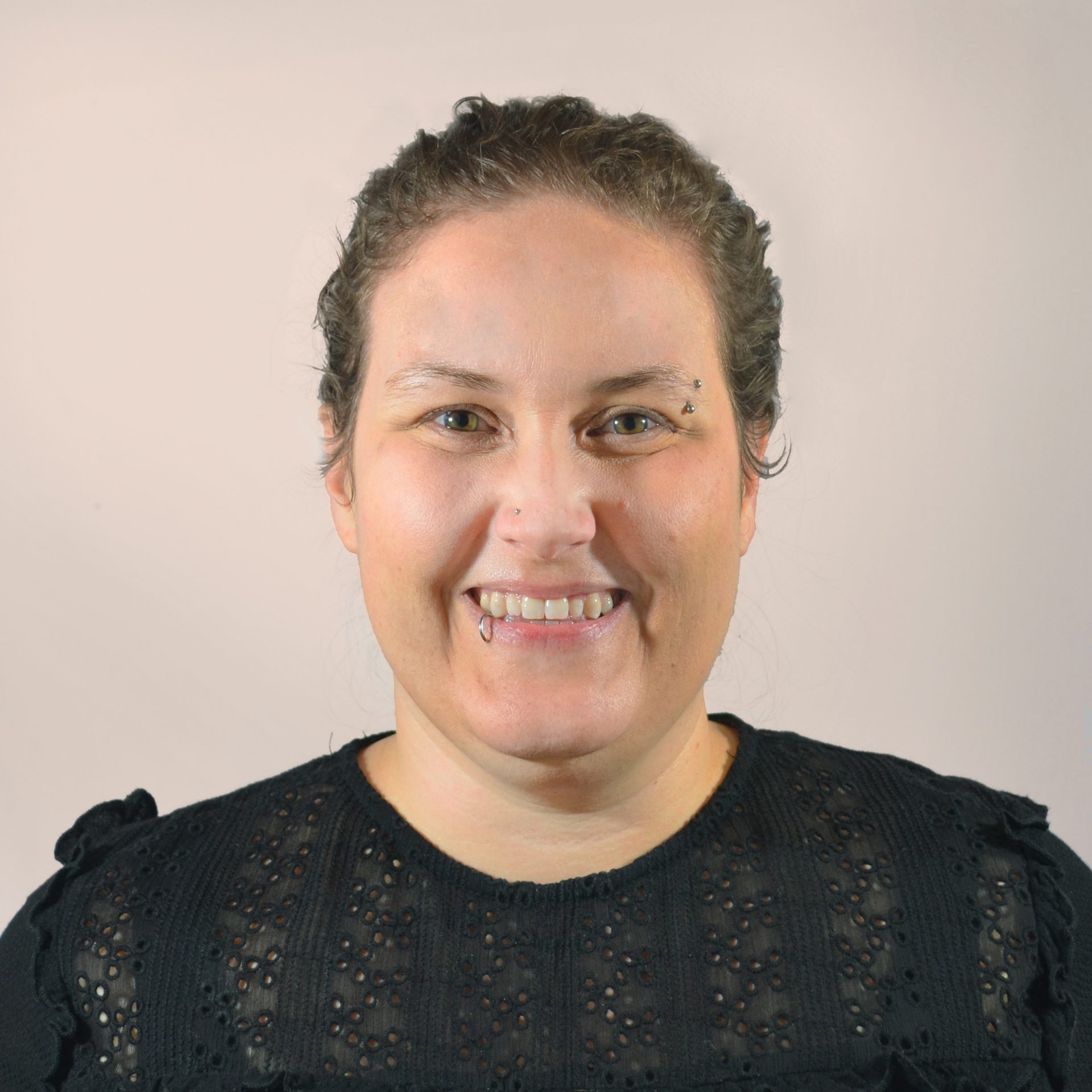Meet our Team
A Conversation with Danielle Wondra, Senior Policy and Outreach Associate, Child Welfare
Children Now® Insider: Stories, News, And Insights On Children’s Advocacy
For more information on our blog, contact Adrienne Bell at [email protected]
May 27, 2021

On starting out as pre-med
I took a bit of a roundabout route to get where I am today!
When I started college, I was actually pre-med. I wanted to be a doctor, because I wanted to help people in some way, and I always knew that I wanted to help kids specifically. Once I started the coursework, I realized that I wasn’t really into the pre-med track, after all. So, I started looking into other subjects and ended up taking an education and a sociology course in the same semester.
Growing up in a small town on the Central Coast of California, I didn’t have a lot of exposure to the rest of the world, and studying sociology really opened my eyes to a lot, including the huge racial disparities that exist in the education system.
I wound up majoring in sociology and minoring in education, then going on to get both my master’s degree and Ph.D. in sociology. Working in policy allows me to use my research background to help address inequities and give kids the best chance to thrive.
On how when we address challenges facing foster kids, all kids can benefit
In my work at Children Now, I focus primarily on foster youth education, and I think that if we can address the issues and challenges that youth in foster care face, then we can apply those lessons to other kids as well. The barriers other kids face may not be as big, but the solutions we develop in the child welfare system and to support youth in foster care in school can also be effective elsewhere – for kids growing up in low-income communities, for example, or kids whose families are facing immigration threats.
On the power of a support system
I’ve always been passionate about working for kids who are in challenging situations and unable to get what they need to thrive.
I think some of that comes from my own childhood. I was raised by a single mom and we didn’t have much – but my grandparents were incredibly supportive and really involved in my life. They focused on the importance of getting an education, and as a result, I was first person in my family to go to college.
But my life could have just as easily gone down another path. There were so many things that came together for me that shouldn’t have, and a lot of it was because of the support system I had. I was lucky.
But why should only some kids have these advantages, especially when little things that aren’t in their control can make all the difference in where they end up in life?
Since I’ve become a parent [Danielle is a mom to a three-year-old], I think about this from that perspective as well. I want to ensure that all kids have a chance at a stable family life, free from abuse and neglect, so that they can grow up healthy, happy, and ready to reach their full potential.
On clearing up misconceptions about kids in foster care
It’s really important for people to understand the trauma piece when they think about children and youth in foster care. These kids are dealing with so much – they have been removed from their homes, separated from their families, faced abuse and/or neglect – and it’s not easy.
Like adults, kids don’t always know how to deal with the challenges they face, and sometimes that may result in what we see as ‘bad behavior’ or acting out. But the reality is that they’re struggling, and in need of compassion from the adults in their lives.
For example, students in foster care have much higher rates of suspension from school than their peers. This is evidence that how they may be acting is being interpreted by staff as defiance or misbehavior. However, we need to understand what’s going on beneath the surface. For many kids, this behavior is merely a reaction or survival mechanism to get through the day. Foster youth deal with life-changing events – finding out they’ll never reunite with their families again, for instance, or being moved into a new placement – and then are expected to return to school and act a certain way. They are not bad kids, and treating them as such will only make the situation worse.
There is a lot being done to train school staff and teachers, particularly around trauma-sensitive responses, which is helpful, and fundamentally, we need to do a better job of trying to understand what these kids are going through and why they face the challenges that they do.
On unrealistic dream jobs
If kids had everything they needed and I found myself out of a job, well … then my dream job would be as a private investigator. This doesn’t really fit at all with my personality, since I don’t like danger, but I do like solving problems and searching for things, and of course, all things true crime.
On the joys of outdoor space
We moved during the pandemic and it’s been kind of life-changing because now we have a yard. My son loves it – it’s like having a mini park to yourself, and he really examines all the rocks and trees. And I get to see it all through a kid’s eyes, which is a nice perspective shift.
We’ve been engaging in a lot of low-key outdoor hobbies as a result – grilling, gardening (read: watering plants so they stay alive), that sort of thing.
On life post-pandemic
I’m mostly just looking forward to seeing friends and family more freely and more often. I didn’t get to spend the holidays with my family because of the stay-at-home orders, so that will be really nice this year. And hugging people again!
Editor’s note: May is National Foster Care Month, an initiative dedicated to acknowledging foster parents, family members, volunteers, mentors, policymakers, child welfare professionals, and others who help children and youth in foster care find permanent homes and connections. Learn more here.


